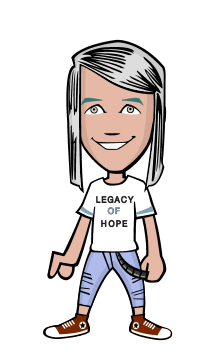Malaria is a deadly disease which is caused by a parasite carried out in mosquito’s saliva. According to 2010 statistics, Malaria is endemic in more than 100 countries worldwide that more than 215 million people are infected. According to the world health organization, around 650,000 people are dead in 2010 due to this protozoon.
Based on the Reuters recent report, the new experimentally tested Malaria vaccine known as GlaxosmithKline which is estimated to minimize the spread and attack of Malaria proved only 30 percent effective during the trial on African babies. Even though the vaccine is specially designed to effectively fight the mosquito-borne disease which kills thousands of young generation of Africa, the unexpected result leaves uncertainties in the research.
According to the well-known philanthropist Bill Gates, further research and data analysis was needed to check the effectiveness of the vaccine before any prior action. He said that the vaccine has been checked in the community is lower than the expected level of relief since developing medication for such adaptive parasite is not easily be accomplished. The final-stage trial result shows that, compared to the former immunization in a control vaccine, the average percent of protection capability is very low. This trial was done in 6530 babies, hitting the age interval of 6 to 12 weeks. In addition GlaxosmithKline experiment result is less than the smaller mid stage trial which was focused on babies of smaller age groups. Also the new developed malaria vaccine is a lot less than the finding on malaria phase three trial data held between 5-17 months old babies.
Scientists who is investigate in this research said that vaccinating babies is the most preferable ways than toddlers mainly because the vaccine is directly mixed with one of the natural routine infant immunizations. Therefore, vaccine development for ages of two or more years involve very high cost on the campaign of fighting malaria, most western countries are funded millions of dollars for further research aid and malaria and struggle of malaria locally and nationally. Britain based drug Maker Company known as GSK told that a new type of drug vaccine called RTS, S or Mosquirix is being developed. If the result works out, poor African nations will have the first chance to get the vaccine with less cost. GSK’s chief executive director Andrew Witty reiterated a promise that if RTS, S vaccine is approved, Africans can easily access the vaccine at a cost of manufacture and a very low margin which is intended to be covered by GSK department of malaria privation and control center with this in mind governments, NGO’s and international health firms which will have funds for the vaccines roll-out must collect more positive data prior to the decision of the medication cost.
Witty, on other hand, said that the new vaccine was not as positive as they hoped but it might take the research down the road where the vaccine should be designed for specific similar types of patients in well analyzed locations. He also thought that a new customized approach might be created for the procedures and pre-requisites of the medication. Witty also emphasized that scientists are working more to control the spread of Malaria but the new RTS, S vaccine development by far is the furthest ahead to rescue the African young generation.



